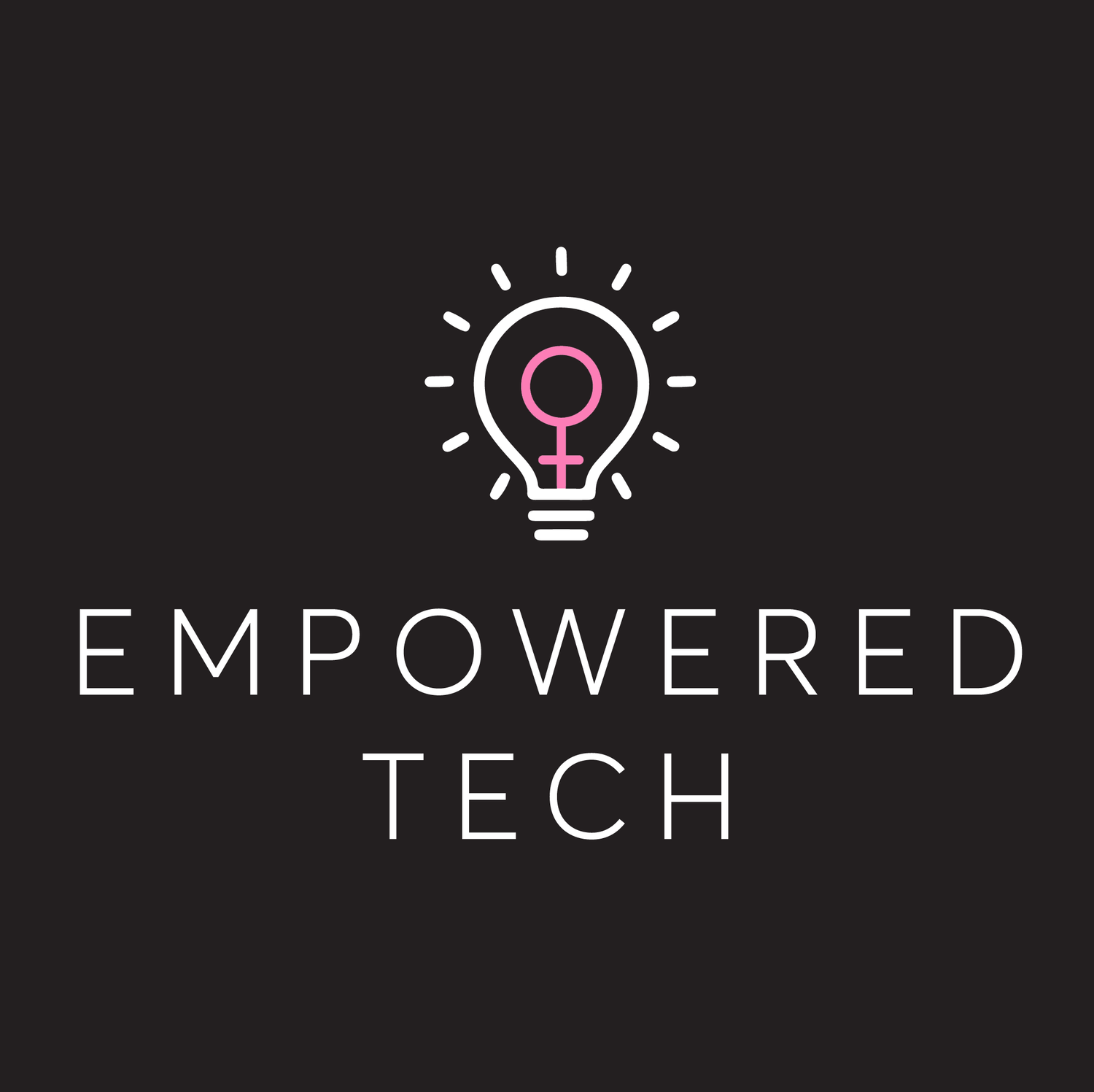The Power of Peer-to-Peer Mentorship
I have designed and run quite a few traditional mentorship programs through the years. Whether it was a program to connect students with an advisor or professor in their major, matching sophomores with an upperclassman (so they feel more connected to the community and less likely to withdraw) or pairing new software engineers with established professionals in the field. In each of these models there are inherent challenges and flaws. One person is always in the power position and neither party truly knows who is driving the relationship. The mentors usually wants the mentee to "drive" the conversation (and relationship). However, since the mentor sits in the power seat, the mentee tends to defer to them during the conversation. This creates confusion and frustration. It's also difficult to keep the momentum going. When do we meet? How often? What's the goal? The mentor usually feels that it's the responsibility of the mentee to schedule their time together and select the topics of discussion; however, the mentee always feels that they can "work around" the mentor's busy schedule. So, setting expectations as well as the next meeting time(s) tend to be left "up in the air". Lastly, the dynamic doesn't always allow for authentic and open dialogue. The mentor is seen as the expert--bottom line. A new mentee isn't comfortable countering an idea or providing feedback to their mentor.
Peer-to-peer mentorship, unlike traditional mentorship, creates an even playing field between two parties who have equal accountability and commitment to one another. Peer mentoring consists of two people roughly close in age (and/or job role) and sets up both parties for building a relationship as trusted friends and/or guides. You can think of them as an "accountability buddy”— someone to help keep you on track.
Research also shows that peer-to-peer mentoring has proven benefits for both parties such as:
• improved reasoning skills, social skills and organizational skills
• increased self-esteem, empathy, and self-efficacy
• improved conflict resolution skills, better communication/clarity and ultimately a greater feeling of autonomy and connection to ones' work.
We all know that the best mentoring relationships happen organically; however, I believe that a structured peer-to-peer mentorship program can be a powerful tool. If both people are committed to mutual reciprocity, accountability and collaboration, it can be a very empowering experience.
Check out our pilot Peer-to-Peer Mentorship Program for women at General Assembly on April 3rd. https://www.meetup.com/empowered-tech/events/247558642/
Thank you, Dr. Carol

